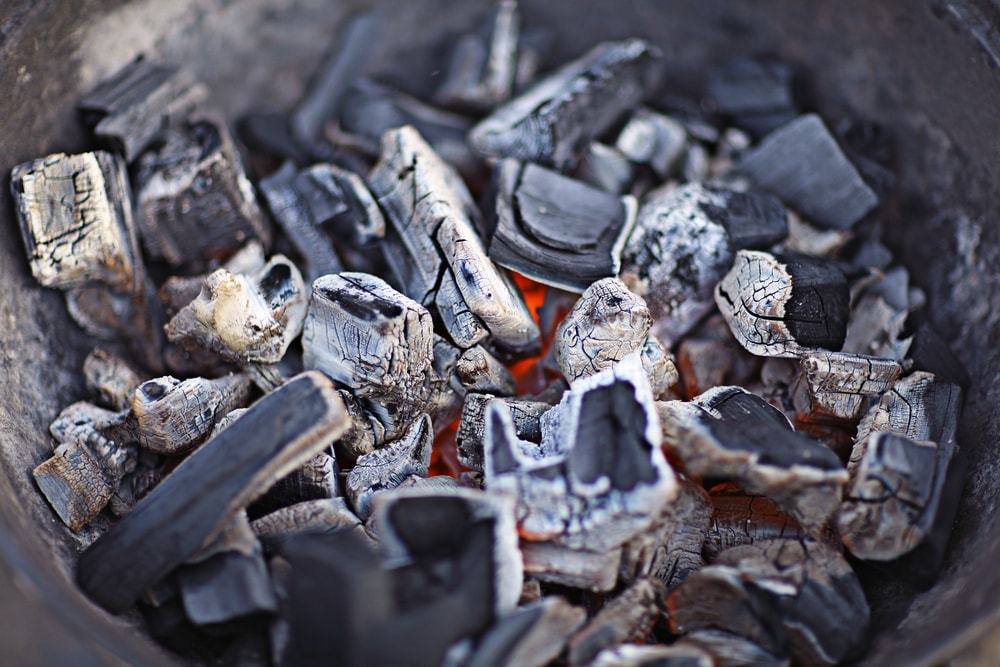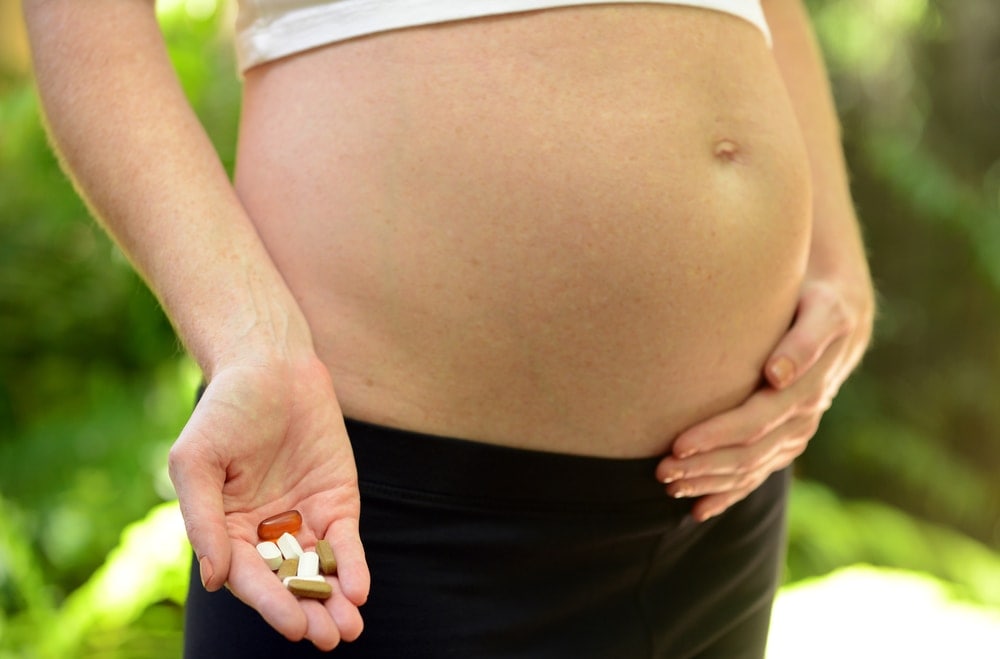Unusual Cravings During Pregnancy
Pica is the practice of craving substances with little or no nutritional value. Most pregnancy and pica-related cravings involve non-food substances such as dirt or chalk. The word pica is Latin for magpie which is a bird notorious for eating almost anything. It is true that the majority of women will experience cravings during pregnancy; however, most of these cravings are for things like pickles and ice cream.
Pica cravings are most commonly seen in children and occur in approximately 25-30% of all children; pica cravings in pregnant women are even less common.
What Causes Pica in Pregnancy?
The reason that some women develop pica cravings during pregnancy is not known for certain. There is currently no identified cause; however, according to the Journal of American Dietetic Association, there may be a connection to an iron deficiency. Some speculate that pica cravings are the body’s attempt to obtain vitamins or minerals that are missing through normal food consumption.
Sometimes pica cravings may be related to an underlying physical or mental illness.
Common Pregnancy and Pica Cravings
The most common substances craved during pregnancy are dirt, clay, and laundry starch.
Other pica cravings include:
- burnt matches
- stones
- charcoal
- mothballs
- ice
- cornstarch
- toothpaste
- soap
- sand
- plaster
- coffee grounds
- baking soda
- cigarette ashes
Are There Risks to the Baby?
Eating non-food substances is potentially harmful to both you and your baby. Eating non-food substances may interfere with the nutrient absorption of healthy food substances and actually cause a deficiency. Pica cravings are also a concern because non-food items may contain toxic or parasitic ingredients.
Managing Pica
Don’t panic; it happens and is not abnormal. The most important thing is to inform your health care provider to make sure you have a complete understanding of the specific risks associated with your cravings.
Here are some suggestions to help you deal with pica cravings:
- Inform your health care provider and review your prenatal health records
- Monitor your iron status along with other vitamin and mineral intake
- Consider potential substitutes for the cravings such as chewing sugarless gum
- Inform a friend of your craving who can help you avoid non-food items
Want to Know More?
Compiled using information from the following sources:
Mayo Clinic Guide To A Healthy Pregnancy Harms, Roger W., M.D., et al, Part 3.
American Dietetic Association, https://www.eatright.org/
American Academy of Family Physicians, https://familydoctor.org/






